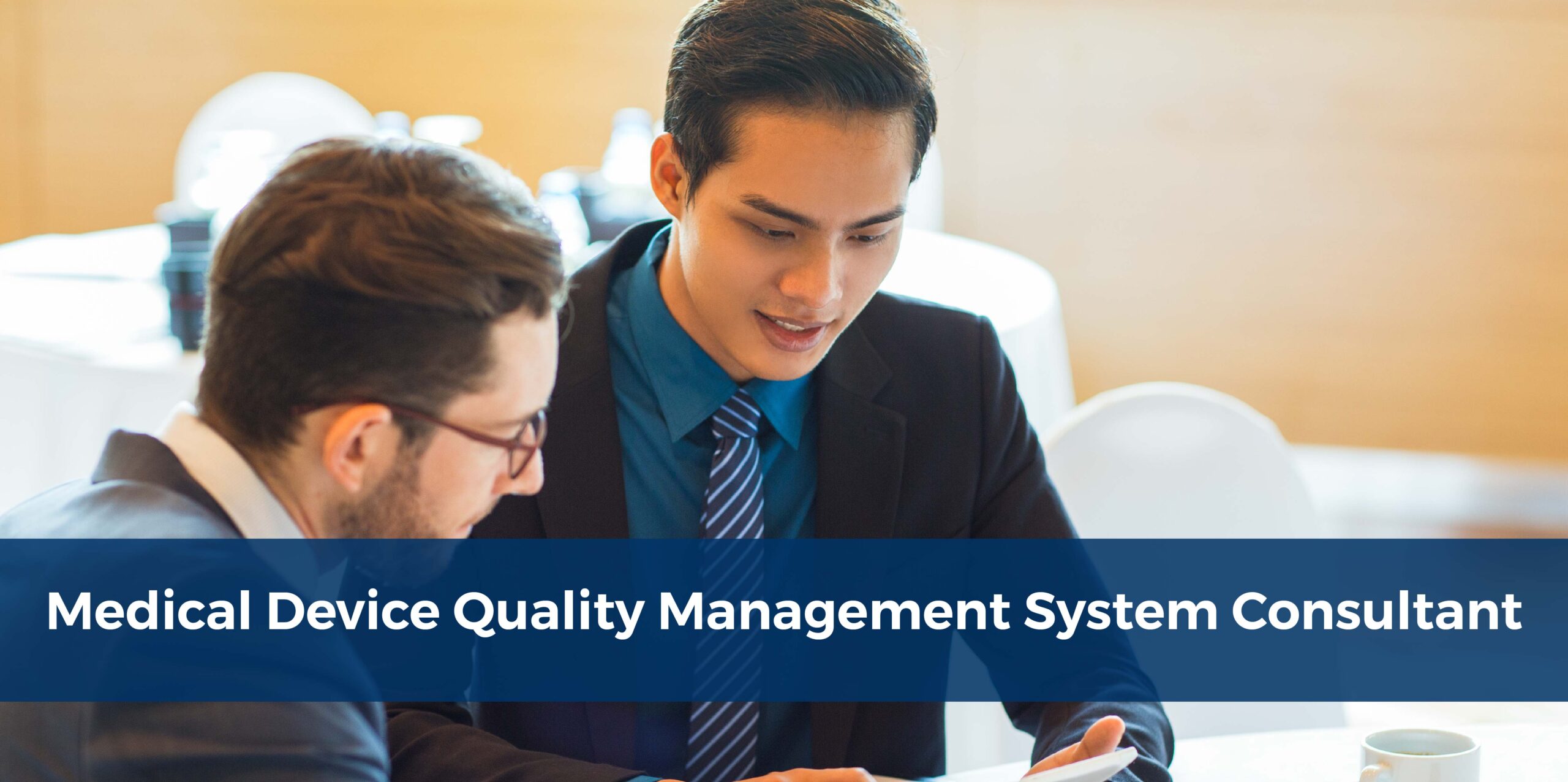Medical Device Quality Management System Consultant
In the realm of healthcare, ensuring the safety and efficacy of medical devices is paramount. A robust Medical Device Quality Management System (QMS) serves as the cornerstone for achieving these objectives. ISO 13485 stands out as a globally recognized standard, providing a structured framework to ensure compliance with regulatory requirements.
What is a Medical Device Quality Management System (QMS)?
A Medical Device Quality Management System is a structured framework designed to systematically identify, analyze, and address quality-related issues. It encompasses various critical activities such as documentation control, risk management, process control, and supplier management, ensuring adherence to regulatory standards and enhancing overall product quality.

Looking for Medical Device QMS Consultant?
Let’s have word about your next project
Why Medical Device Quality Management System is Crucial for Organizations?
Implementing a QMS not only ensures compliance with regulatory requirements but also enhances organizational efficiency and customer satisfaction. By streamlining processes and minimizing errors, a robust QMS significantly contributes to improving patient safety and product quality.
Regulations and Standards Governing Medical Device QMS
Medical Device QMS is governed by stringent regulations and standards, including FDA’s Quality System Regulation (QSR) 21 CFR Part 820, EU Medical Device Regulation (MDR) 2017/745, and ISO 13485:2016, among others. Compliance with these standards is imperative for medical device manufacturers and healthcare organizations.
How to Obtain QMS Certification for Medical Devices
Obtaining QMS certification involves identifying relevant standards, developing and implementing a compliant QMS, conducting internal audits, engaging third-party certification bodies for external audits, and addressing any identified non-conformities.
Requirements for Medical Device Quality Management System
Key requirements of a Medical Device QMS include document control, management responsibility, resource management, product realization, and measurements, analysis, and improvement. These elements collectively ensure the effectiveness and efficiency of the quality management process.
When Is a Quality Management System (QMS) Required for Medical Devices?
A QMS is mandatory whenever medical devices are sold or distributed in regulated markets. Compliance with relevant regulations and standards is essential to ensure product quality, safety, and regulatory compliance.
Role of Quality Management System Certification Consultants
As QMS certification consultants, our role involves analyzing client issues, providing comprehensive QMS consulting services, and assisting in regulatory compliance. With extensive expertise in FDA regulations, EU notified bodies, and QMS certification processes, we ensure seamless implementation and maintenance of quality systems.
Why Choose Operon Strategist for QMS Certification?
Operon Strategist offers unparalleled expertise in regulatory compliance for medical devices, pharmaceuticals, and combination products. Our experienced team provides tailored solutions to meet clients’ specific needs, ensuring efficient QMS implementation and certification. Contact us today to streamline your quality processes and ensure compliance with regulatory standards.
We also provide medical device consultation for the USA, Costa Rica, the UK, Oman, South Africa, Saudi Arabia, & Egypt. Contact us now for a free consultation.
Frequently Asked Questions : (FAQ’s)
- What is QMS Service?
These are the set of policies and procedures which enable organizations to identify, control and improve business processes which leads to improved business performance.
- Which ISO covers a quality management system for medical devices?
For medical devices, the Quality Management System is implemented according to ISO13485 standard.
